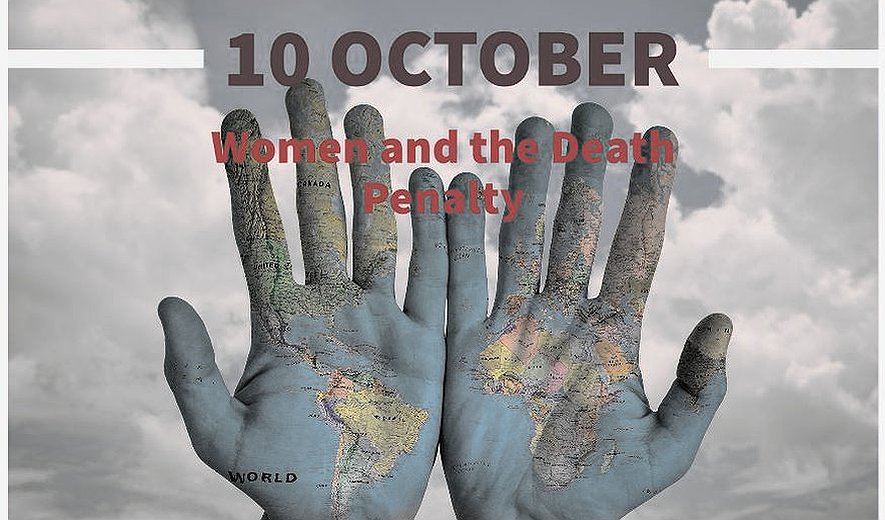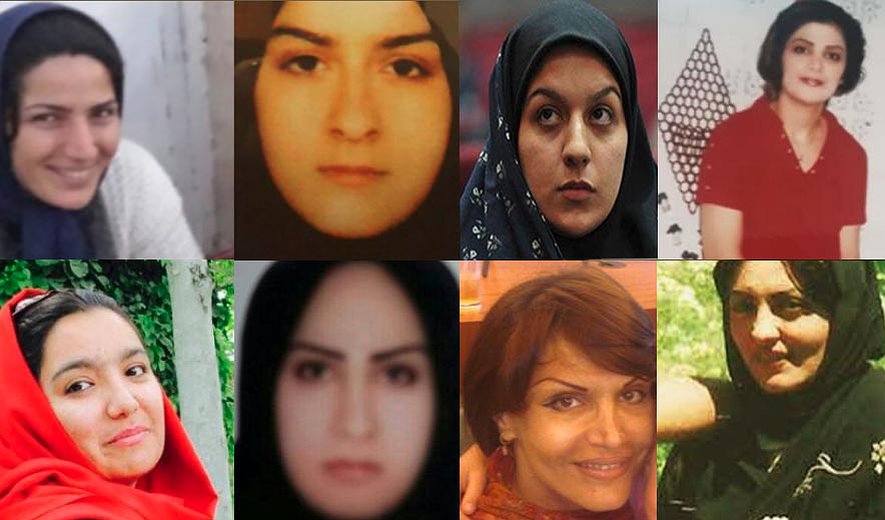10 October 2021: 226 Executions Recorded in 2021: Sharp Rise in Drug Executions

Iran Human Rights (IHRNGO); October 10, 2021: According to data recorded by Iran Human Rights, at least 226 people have so far been executed in 2021, including one juvenile offender, nine women and 83 drug-related executions. The sharp increase in drug-related executions has been evident since January. Three Afghan nationals were also executed in the last month.
Observed every 10 October, the World Day Against the Death Penalty unifies the global abolitionist movement and mobilises civil society, political leaders and public opinion to support the call for universal abolition of capital punishment.
The 19th World Day Against the Death Penalty has been dedicated to women by the World Coalition Against the Death Penalty. Iran Human Rights has published a 12-year-analysis of women and the death penalty in Iran.
In the first ten months of 2021, executions have continued at an alarming rate despite the deadly coronavirus in Iran. According data recorded by Iran Human Rights, at least 226 people including one juvenile offender, nine women and 217 men.
Only 42 of the recorded executions were announced by official sources Iran and 184 of the executions were recorded by Iran Human Rights through credible domestic sources and human rights defenders.
None of the executions were carried out in public spaces in 2021. Since June 2020, no public executions have been reported in Iran. This is the longest period without public executions in more than a decade.
- Executions on political and security charges:
Eight people were executed on political and security charges in Zahedan Central Prison, Ahvaz Sheyban and Sepidar Prisons in the first ten months of 2021. They have been identified as: Elias Ghalandarzehi, Hassan Dehvari, Ali Motayyeri, Javid Dehghan-Khold, Jassem Heidari, Ali Khosraji, Hossein Seilavi and Nasser Khafajian.
- Continuance of execution of juvenile-offenders:
Iran is one of the few countries in the world that still carries out the death penalty for juvenile offenders (under 18 years of age at the time of offence). In the past ten months, at least one juvenile offender is confirmed to have been executed by Iran Human Rights. Sajad Sanjari was sentenced to qisas (retribution-in-kind) for murder. One of his relatives had previously told IHRNGO that the victim was “a year older than Sajad and had tried to rape him.”
- Sharp increase in drug-related executions:
83 people including one woman have been executed on drug-related charges in the first ten months of 2021 compared to 18 for the same period in 2020. An average of 26 people were executed annually since the 2017 Amendment to the Anti-Narcotics Laws, and no women executions were recorded until May 2021.
- Increase in execution of Afghan nationals:
In the past month, at least three Afghan nationals have been executed on drug-related charges in Iran. There are concerns that events leading to the Taliban takeover in Afghanistan have facilitated the execution of Afghan nationals.
- Rise in execution of Baluch minorities:
There has also been a rise in the execution of Baluch minorities which began at the end of December 2020. In 2021, at least 37 baluch men were executed in Iranian prisons.
- Qisas executions make up the majority of executions:
125 of the executions recorded in this period were qisas (retribution-in-kind) for murder, which is a decrease compared to 164 for the same period in 2020. The qisas executions included one juvenile offender, five women and 120 men.
- Execution statistics compared to last year:
According to the data recorded by Iran Human Rights, there is a slight rise in the number of executions compared to the same period last year, when 209 executions were recorded and 211 in 2019.
In 2002, the World Coalition Against the Death Penalty declared 10 October as the World Day Against the Death Penalty with the goal of abolishing the inhuman and irreversible punishment, and is considered a turning point in the fight against the death penalty. The World Coalition consists of 140 members from five continents, of which 20 organisations including Iran Human Rights are members of its Steering Committee. The Committee is responsible for making necessary decisions to implement the Coalition’s strategy. It should be noted that more than two thirds of countries are abolitionist in law or practice.


